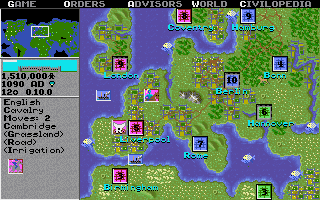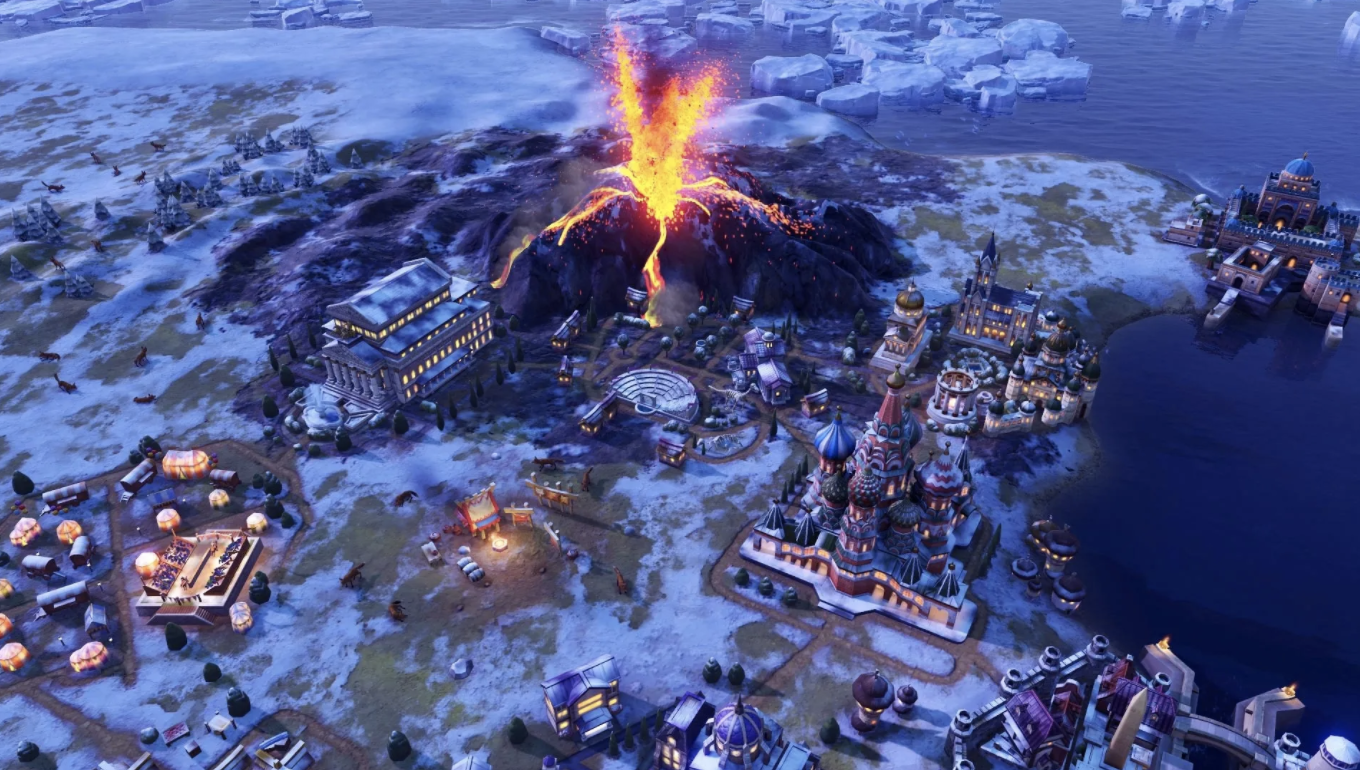It is not, by any stretch of the imagination, an easy time to have fun in the United States right now. COVID-19 has killed nearly 200,000 Americans, and will likely claim many more before the outbreak finally wanes. Wildfires in California and elsewhere in the west are burning out of control, destroying entire towns and leaving cities like San Francisco enshrouded in a terrifying deep orange fog, a preview of what life may be like as our climate deteriorates. Law enforcement continues to shoot and beat Black Americans, despite a greater national awareness of police brutality.
But, for those of us with the luxury to find the time to enjoy ourselves right now, it may be wise to try. Play brings well-documented psychological benefits, and any mental boost could help us better deal with all the trauma of this moment. But how? Many Americans have turned to video games as a safe means of pandemic-era escapism; gaming is up nearly 50% over the last few months, per Nielsen.
“A great way to find fun and escape is to play games,” says longtime games creator Sid Meier. “In fact, there are games about politics, firefighters, and even pandemics. Play the game and you may gain a better understanding of the situation. Stress often comes from fear of the unknown or incomplete knowledge. When life gives you lemons, play the lemonade stand game!”
He’s an authority on the subject, having created or helped to create some of gaming’s most iconic titles, from the much-beloved Civilization series (“Civ” for short) to Sid Meier’s Pirates! and Sid Meier’s Railroad Tycoon. Meier, who’s been making games since the early 1980s, is seen as a father of the industry, a beloved figure among many gamers but especially among people who make games.
Meier’s new book, Sid Meier’s Memoir!: A Life in Computer Games, takes readers through his career game-by-game, from his early days creating military flight simulators for platforms like the Atari through his more recent work on efforts like creating a version of Civ for mobile devices. The end result is a story that reminds readers that success is rarely a straight line but instead a squiggly course with plenty of blind turns and potholes along the way—a game in and of itself, as he sees it. “We are surrounded by decisions, and therefore games, in everything we do,” he writes.
Meier’s book is a delightful read for gamers of a certain age, as his career is a walk down memory lane for those of us who grew up loading games via MS-DOS command prompt. But it will be particularly enlightening for game creators, who will find plenty of wise counsel here—like stripping out whatever isn’t bringing players joy, a kind of Marie Kondo-ing for game design.
Another motif: the idea of creative restraint. After all, Meier and his teams were cramming games onto computers with all the space and processing power of today’s microwave ovens—in fact, your microwave probably has more RAM. Today’s PlayStation 4s and Xbox Ones are supercomputers in relative terms, creating an ever-present temptation for game designers to focus on graphics and performance rather than gameplay and fun. But in Meier’s view, the horsepower of modern consoles, gaming PCs and even smartphones has made gaming more accessible to a wider audience.

“When we were making games like Civilization or Pirates, we were asking a lot of the player in terms of their imagination and being willing to suspend their disbelief and spend this time with the game,” he says. “It asks a lot of the player to believe that this square thing on the screen is a tank unit, or you’re sailing across the Caribbean, because we couldn’t represent those graphically very well. Now as the technology has evolved, we can add more of those pieces, so it becomes easier to believe, it becomes easier to suspend your disbelief, it becomes more realistic, your imagination doesn’t have to work quite as hard, and you can get engaged in the game more easily. That’s broadened the audience, the accessibility for games. It used to be only geeks and nerds playing games, now the whole word is playing games.”
I read Meier’s book and spoke with him after (finally!) finishing Red Dead Redemption II, a game that utterly blew me away in terms of storytelling, acting and sheer beauty, but which ends with a punch to the gut that I’m still emotionally recovering from even weeks later. The Last of Us II has likewise caught flack for being grim beyond the point of enjoyability. So I asked Meier, a guy who’s obsessed with fun: why do some of today’s games want to make me so sad?
“It’s part of the expansion of our audience, of our industry, of the kind of things that we can now do,” he says. “Back in the day, you went to games to get a certain kind of experience, and if you wanted a different experience, you would go to a movie or something like that. Now, people are spending more time playing games, so they’re looking for this variety of experience.”

Our conversation also came as the games industry is going through a come-to-Jesus moment on its darker elements, from developer overwork (“crunch time,” in the biz) to sexual harassment. What’s Meier, who has the longest possible view on the modern gaming industry, make of this reckoning?
“I can only speak for our company (Firaxis Games, owned by Take-Two Interactive) … but we’ve always tried to provide what we think is a family-oriented environment and care about our people beyond more than just the time they invest working at the office. But it is a passion-driven industry. We’re aware of the issues with crunch time, et cetera, and diversity, I think we’re all growing and learning in those regards as we become more aware.
“In terms of crunch time, it becomes a management issue. We’re sensitive to that, currently we’re giving our folks recovery days in terms of the pandemic and the issues that are going along with that, there are a lot of things we’re trying to do specifically for this time. I’d like to think specifically in terms of our company we’re sensitive to that, but I think you’re right in that it is an issue. I’m not sure it’s a new issue, in fact I think awareness has really grown about those issues, but perhaps the solutions haven’t kept up with that.”
Finally, now that I’m done with Red Dead, I’m looking for something new to play. Who better to ask for a game recommendation than Sid Meier?
“Overland, that’s one that I’ve spent a lot of time with,” he says. “And the other one…you’re going down this river, it’s a kind of survival game, really atmospheric…Flame in the Flood.“
More Must-Reads from TIME
- Cybersecurity Experts Are Sounding the Alarm on DOGE
- Meet the 2025 Women of the Year
- The Harsh Truth About Disability Inclusion
- Why Do More Young Adults Have Cancer?
- Colman Domingo Leads With Radical Love
- How to Get Better at Doing Things Alone
- Michelle Zauner Stares Down the Darkness
Contact us at letters@time.com